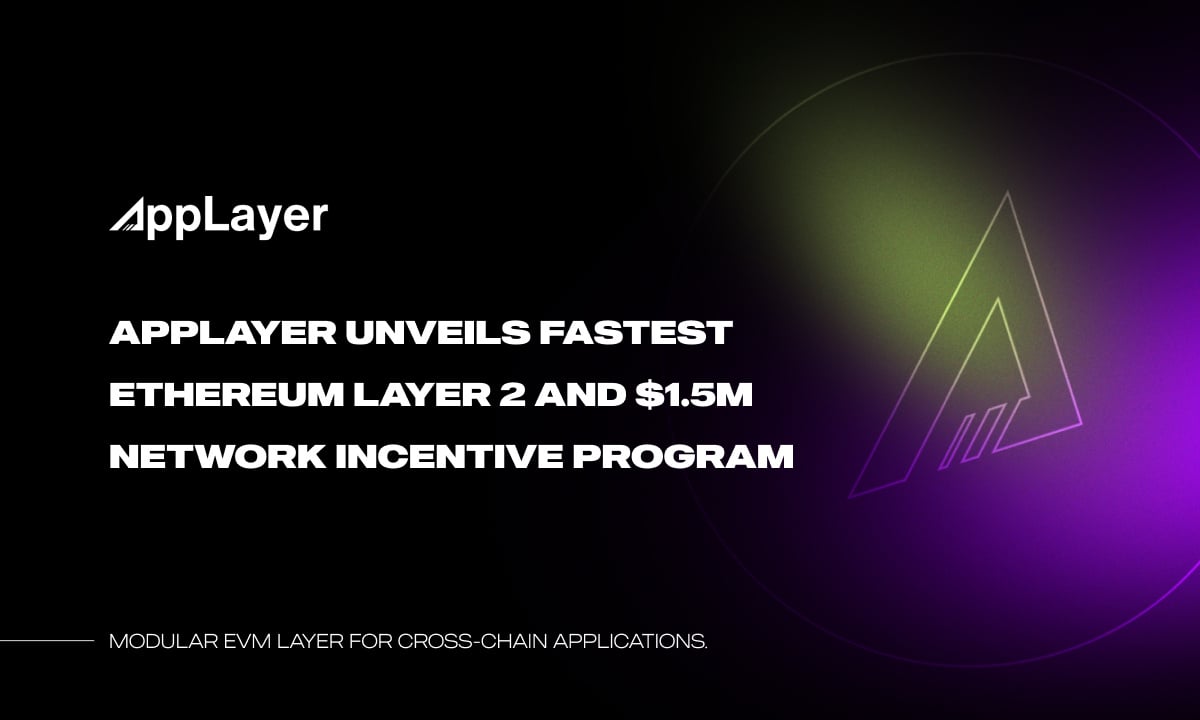
The Chinese government announced the launch of a “super-large-scale” public blockchain infrastructure platform with the key participation of Conflux Network, a hybrid Proof-of-Stake blockchain. Conflux Network confirmed the announcement in a post on X today.
Despite adopting a hardline stance against crypto trading activities, China embraces blockchain technology and Web3. Also, many Chinese citizens use cryptos.
Conflux Network will support cross-border cooperation to achieve the ultimate goal of the BRI. This includes the development of an advanced blockchain infrastructure platform that meets the needs and characteristics of international cooperation within the framework.
The project also supports deployment in multiple countries, allowing participating entities to supervise jointly. And it ultimately assists in piloting economic, trade, and cultural applications to promote cross-border cooperation.
China Loves Control
According to the announcement, the latest development is a strategic move regarding the Belt and Road Initiative (BRI), introduced by the People’s Republic of China in 2013. The goal of the BRI is to build a global infrastructure that connects China with other nations in Asia, Africa, and Europe through a vast network of roads, railways, sea routes, airways, energy plants, and other infrastructure projects.
Apart from Conflux Network, the project is led by Shanghai Shutu Blockchain Research Institute and involves universities, government agencies, and technology experts, including “China Academy of Information and Communications Technology, Shanghai Jiao Tong University, Fudan University, and Shanghai Maritime University,” among others.
It is noteworthy that the announcement of the establishment of the blockchain project came at a time when the Chinese government has not yet lifted the cryptocurrency trading ban issued in September 2021, under which the People’s Bank of China, the Supreme People’s Court, and several other central authorities issued a ban on all related activities on the mainland.
On the one hand, the Chinese government still explores plans to develop the NFT, Web3, and Metaverse markets. On the other hand, the use of stablecoin USDT is still tightening in foreign exchange transactions, making it difficult for investors to access the cryptocurrency market.
BCI, BRICS, and the Digital Yuan
Concerns surrounding the Chinese government’s plans to expand its global footprint with a series of strategic moves are mounting. Apart from BCI, the country finds itself in an ongoing debate with BRICS and its national digital currency (central bank digital currency, or CBDC), the digital yuan.
Starting with five nations – Brazil, Russia, India, China, and South Africa – BRICS currently has eleven participating countries. These countries have been discussing the possibility of creating a common reserve currency, potentially challenging the dominance of the US dollar.
According to March updates, the BRICS is working on expanding forms of payment that do not use the US dollar and SWIFT. SWIFT is a global network that banks use to send and receive money quickly and securely. The US has used SWIFT in the past to impose sanctions on countries like Iran and Russia.
The plan includes creating an international payment system based on blockchain technology to implement the BRICS Pay digital system. This comes as no surprise, as blockchain has long been considered a secure and transparent way to create a new payment system that is not controlled by any one country or organization.
The decentralized multicurrency mechanism will help Russia overcome Western sanctions, increase BRICS’ economic influence, and accelerate the emergence of a supranational currency. This has been seen as a direct threat to the US’s super-powerful currency.
Speculations surround the potential adoption of Bitcoin or cryptocurrency within the BRICS. However, this possibility remains guesswork.
China’s presence in BRICS and BRI likely shows its efforts to assert its economic power. In addition, China is the first country to test CBDC.
The post China Working With Conflux on Blockchain Network appeared first on Blockonomi.




